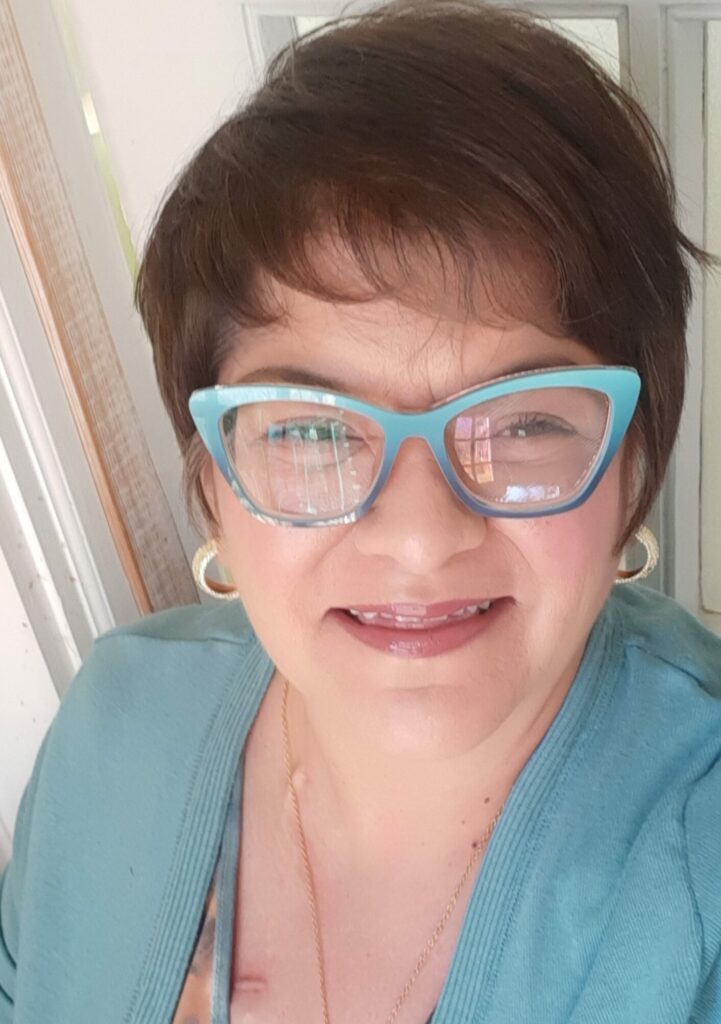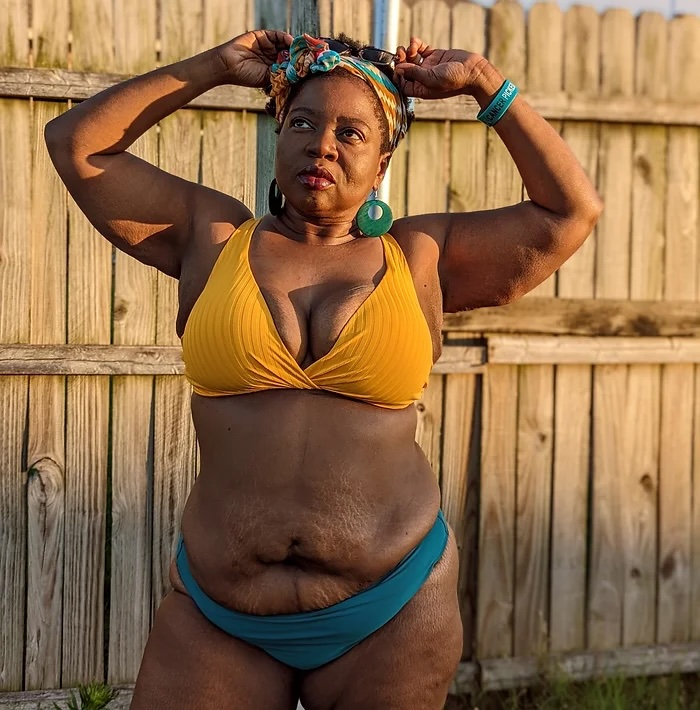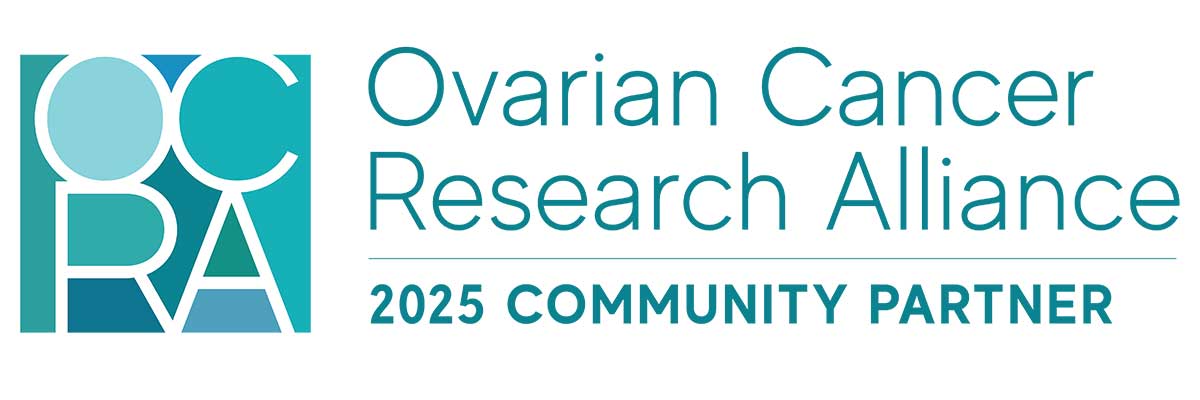“I have a scar from a port-a-cath placement (I still have my port). If I elect to remove my port anytime soon, I want to be left with a scar. Why might you ask? My scar is not big, BUT it is visible. I want people to ask me about it! I want to share my story as a cautionary tale to ensure that women take charge of their health, screen regularly, vaccinate if appropriate, and advocate for their best care! “
-Christy, Cervical Cancer Survivor

When you look in the mirror and see the scar, you may feel a rush of emotions—grief, anger, confusion, or even numbness. For many gynecologic cancer survivors, these scars aren’t just physical—they’re deeply emotional reminders of what cancer took and what it gave in return.
Maybe your scar is from a hysterectomy, surgery, or another procedure meant to save your life. It might be tucked low on your abdomen or stretch across places you never imagined would bear the mark of illness. No matter where it is or how long it’s been, it’s valid to feel a complicated mix of things when you see it.
You may not feel proud of your scar right now. And that’s okay.
The world often pushes the idea that survivors should “own” their scars, wear them as a badge of honor. And while some people eventually do feel that way, others don’t. You may feel disconnected from your body, like it betrayed you or looks unfamiliar. You may mourn what was lost—not just the skin or the organs, but the sense of self that existed before cancer entered your story.
That doesn’t make you any less of a survivor. That makes you human.
But here’s what I hope you’ll hear today: your scar tells a story of endurance. It’s a visible thread in the tapestry of your strength. Every stitch, every mark, every healed edge is proof of how hard your body fought to keep you here.
You didn’t choose this path, but you showed up for it with courage. And that is BEAUTIFUL.
Maybe one day you’ll look at your scar and feel peace. Maybe you’ll never love it—but you’ll learn to live with it. And maybe, just maybe, it will start to feel like part of who you are—not the enemy, not the flaw, but a witness to your survival.
However you feel about your scar today, know this: you are not alone. There’s no “right” way to carry what cancer leaves behind. But in every stage of healing, from resentment to acceptance, your feelings matter—and your story matters too.
So to the survivor who feels unsure about her reflection, to the one who covers up her scar or avoids the mirror: you are still whole, still radiant, and still incredibly strong.
Your scar doesn’t define your beauty—it redefines it. And that’s a kind of strength the world can’t see unless they’re paying attention.







